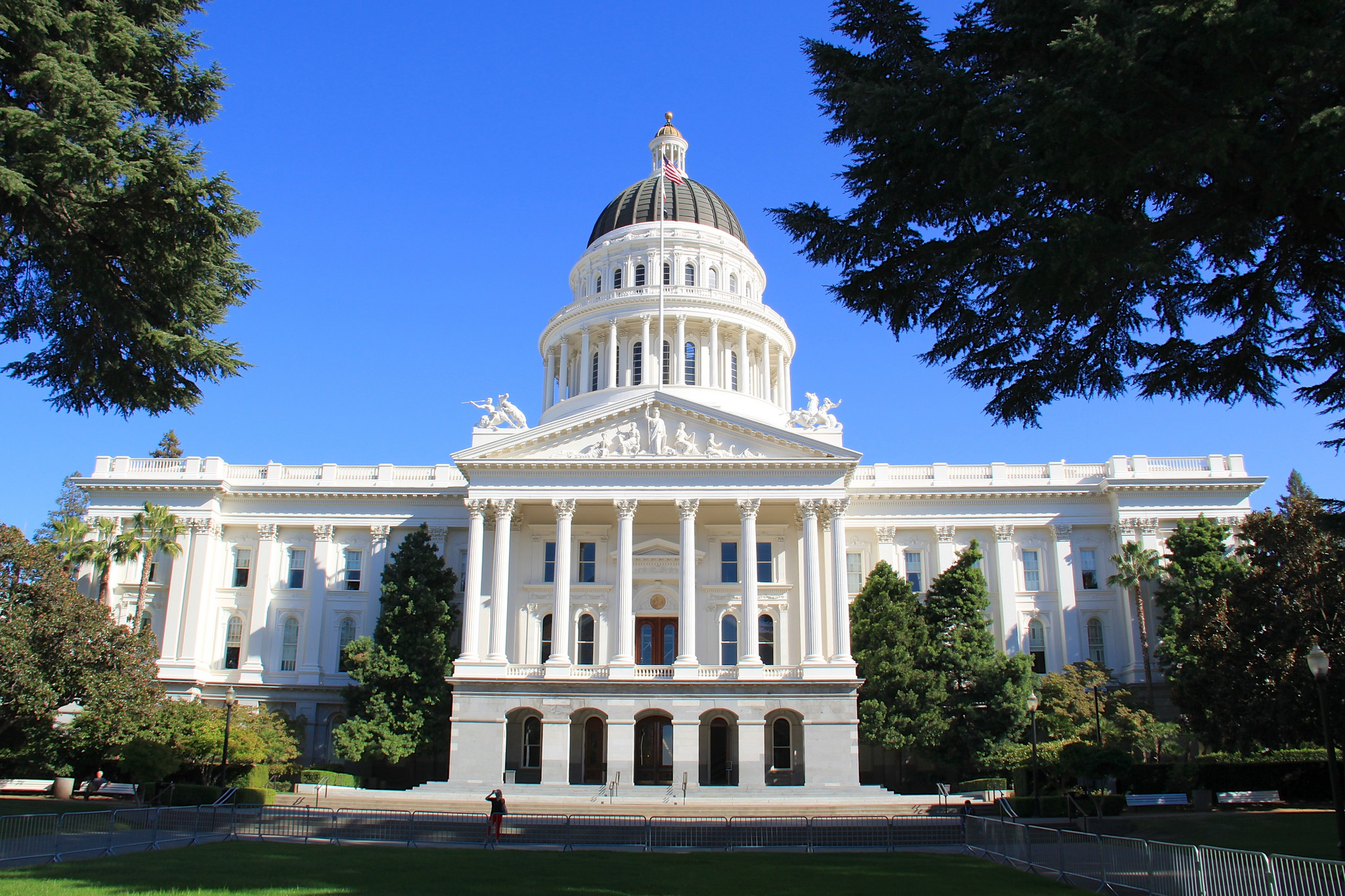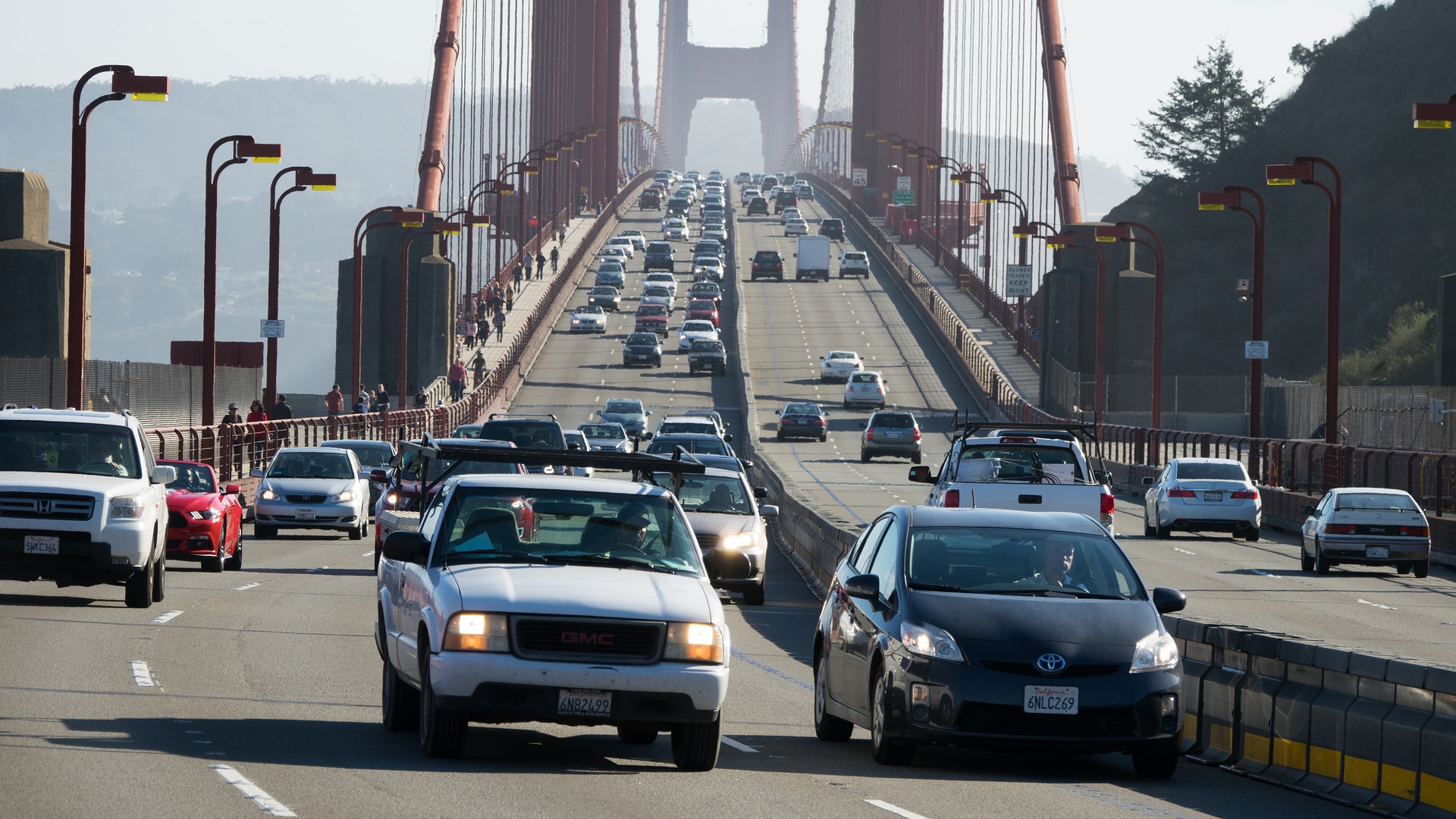Region: California
Left-Wing NIMBYism Strikes Out – Again
The Current Overheated Housing Market in Los Angeles Demonstrates That Market-Rate Housing Can Reduce Rents
One of the most pernicious aspects of the land use and housing debate over the last few years has been the rise of what we mean might call “left-wing NIMBYs.” It is essentially traditional NIMBYism but on allegedly progressive grounds. The principal argument of this group is that building more market-rate units will do nothing …
Continue reading “Left-Wing NIMBYism Strikes Out – Again”
CONTINUE READINGState-Level Actions To Decarbonize Aviation
New CLEE report explores the risks of federal preemption.
Aviation is a significant and growing source of greenhouse gas emissions. But the federal government in the United States has failed to address it so far. In response, some state policy makers and advocates are now considering legal avenues to effectively require the use of sustainable aviation fuels, which emit less carbon than traditional jet …
Continue reading “State-Level Actions To Decarbonize Aviation”
CONTINUE READINGBanking and Exchange Programs to Mitigate Vehicle Miles Traveled
The 1950s has been called the decade of the American Dream. The United States economy grew by 37 percent, and homeownership surged as suburban houses—equipped with their white picket fences—“sold like hotcakes.” But this American Dream has come at a steep cost. Let’s fast forward to today; more than half a century of government housing …
Continue reading “Banking and Exchange Programs to Mitigate Vehicle Miles Traveled”
CONTINUE READINGMaking Polluters Pay for Climate Consequences
A pair of new bills introduced in the California State Legislature would create a climate superfund. Here’s how it would work.
The dramatic increase in extreme weather events has been wreaking havoc on states across the country, from devastating fires, floods, and droughts to rising sea levels. As a member of the Board for the American Red Cross Pacific Coast Region, I have seen firsthand how the organization is responding to twice as many climate-related disasters …
Continue reading “Making Polluters Pay for Climate Consequences”
CONTINUE READINGHow to Grow a Victory Garden out of Trash
Private recycling subscription services are helping my family divert our waste, though I wish we didn’t need them.
While unelected billionaires and sycophant cabinet members are pretending to get rid of waste in Washington, I’ve declared war on waste, fraud, and abuse in my own Los Angeles home. My family is fighting food and plastic waste using a pair of recycling subscription services. Yes, I realize it’s just a small ripple in the …
Continue reading “How to Grow a Victory Garden out of Trash”
CONTINUE READINGNew State Bill Targets Pollution from Aggregate Facilities
Guest contributors Mayahuel Hernandez and Ian Bertrando explain the air-quality benefits of SB 526, a bill they worked on with California State Sen. Caroline Menjivar.
The California Senate just took a critical step toward confronting unhealthy air quality in environmental justice communities through the introduction of a new Senate Bill 526. This proposed legislation aims to curb dangerous dust emissions from aggregate facilities in the South Coast Air Basin, where industrial pollution has long threatened public health and the environment. …
Continue reading “New State Bill Targets Pollution from Aggregate Facilities”
CONTINUE READINGCongress Lacks Authority to Review California’s Car Waiver
It’s a complicated issue but the answer is clear: the Congressional Review Act does not apply.
States get many kinds of waivers from the federal government. For example, many states (including quite a few Red states) have received waivers from some Medicaid requirements. Overturning the EPA vehicle waiver would expose all state waivers to the risk of being overturned under the Congressional Review Act, contrary to the plain language of that statute.
CONTINUE READINGNew Tools for Communities Seeking to Leverage Energy Infrastructure Projects for Community Priorities
Local action becomes even more important under a new federal regime
The Biden Administration placed substantial emphasis on community benefits mechanisms in federal climate infrastructure investments, building on years of legal and community advocacy work that laid the foundation for federal community engagement standards for project developers. With the Trump Administration taking a different approach at the federal level, the role of stakeholders at the local …
CONTINUE READINGWhy Isn’t Hydrofluoric Acid Banned at Oil Refineries?
The Torrance Refinery Action Alliance and Rep. Maxine Waters have renewed calls to ban hydrofluoric acid at SoCal refineries. Here’s why and how that could work.
On the morning of Feb. 18, 2015, pent-up gases at ExxonMobil’s refinery in Torrance triggered an explosion so powerful it registered as a magnitude 1.7 earthquake and sent industrial ash over entire neighborhoods. It’s been called the near-miss disaster that most people have never heard of. But that near miss is raising new calls to …
Continue reading “Why Isn’t Hydrofluoric Acid Banned at Oil Refineries?”
CONTINUE READINGThe California Car Waiver and the Congressional Review Act
Trump has found a possible way to end run California’s legal arguments for the waiver. But there’s no reason to give up.
If the CRA resolution does go through, California should wait until after the midterms, when Democrats are favored to take the House, and then try again with different formulated regulations. When the Trump Administration rejects them, it could then litigate whether the new versions were “substantially the same” as the old ones.
CONTINUE READING












